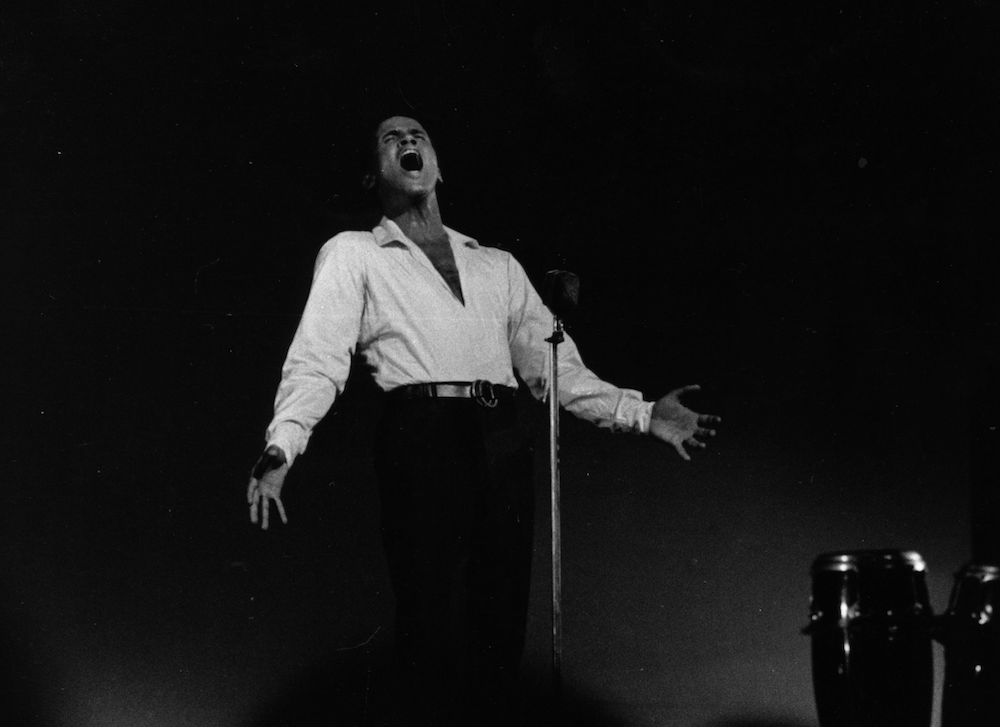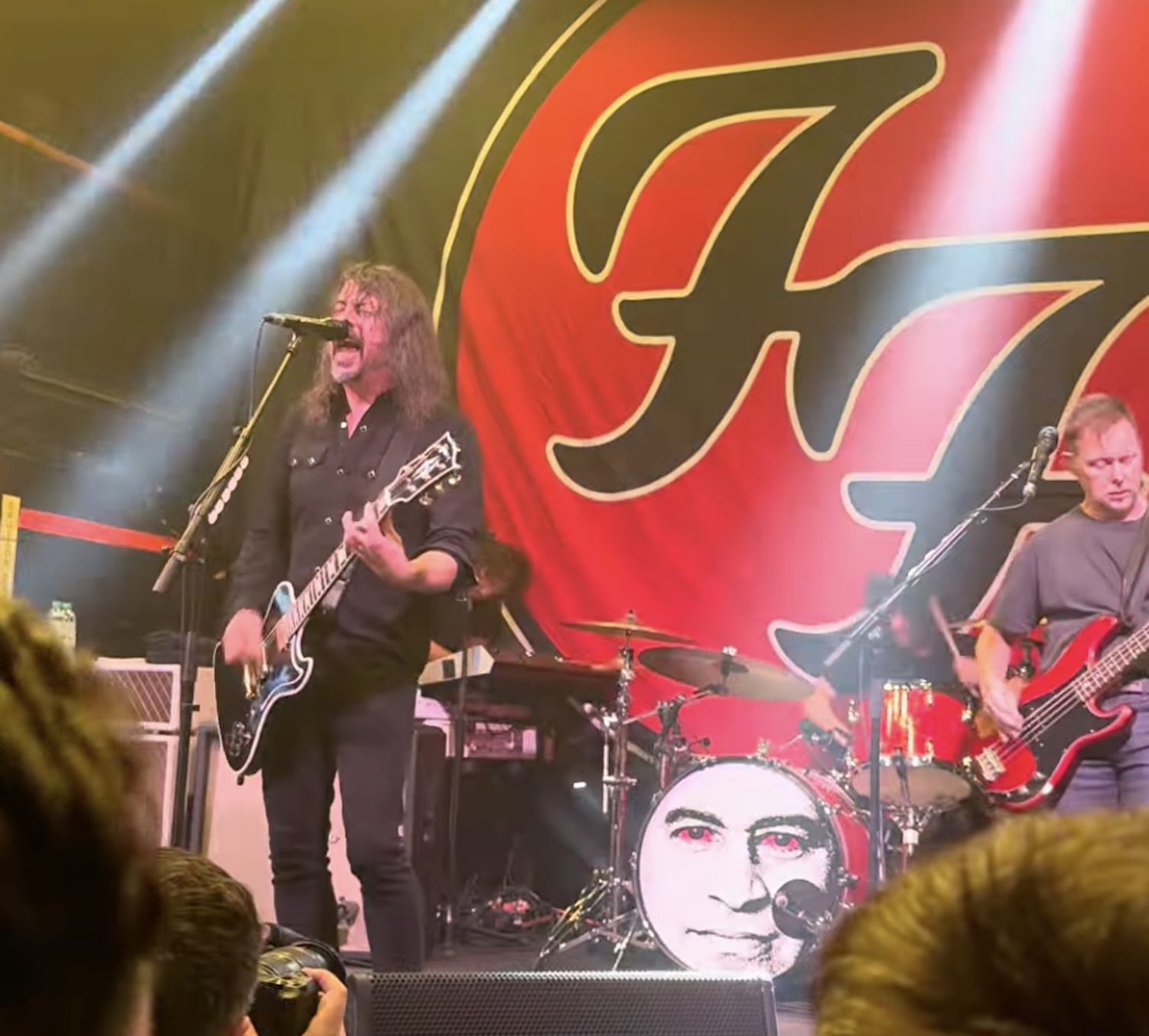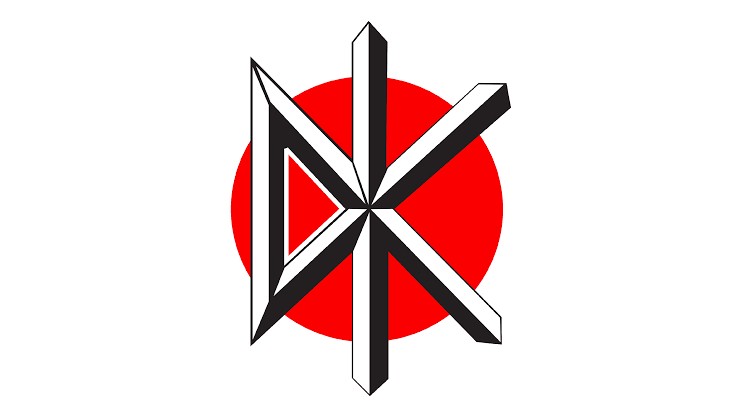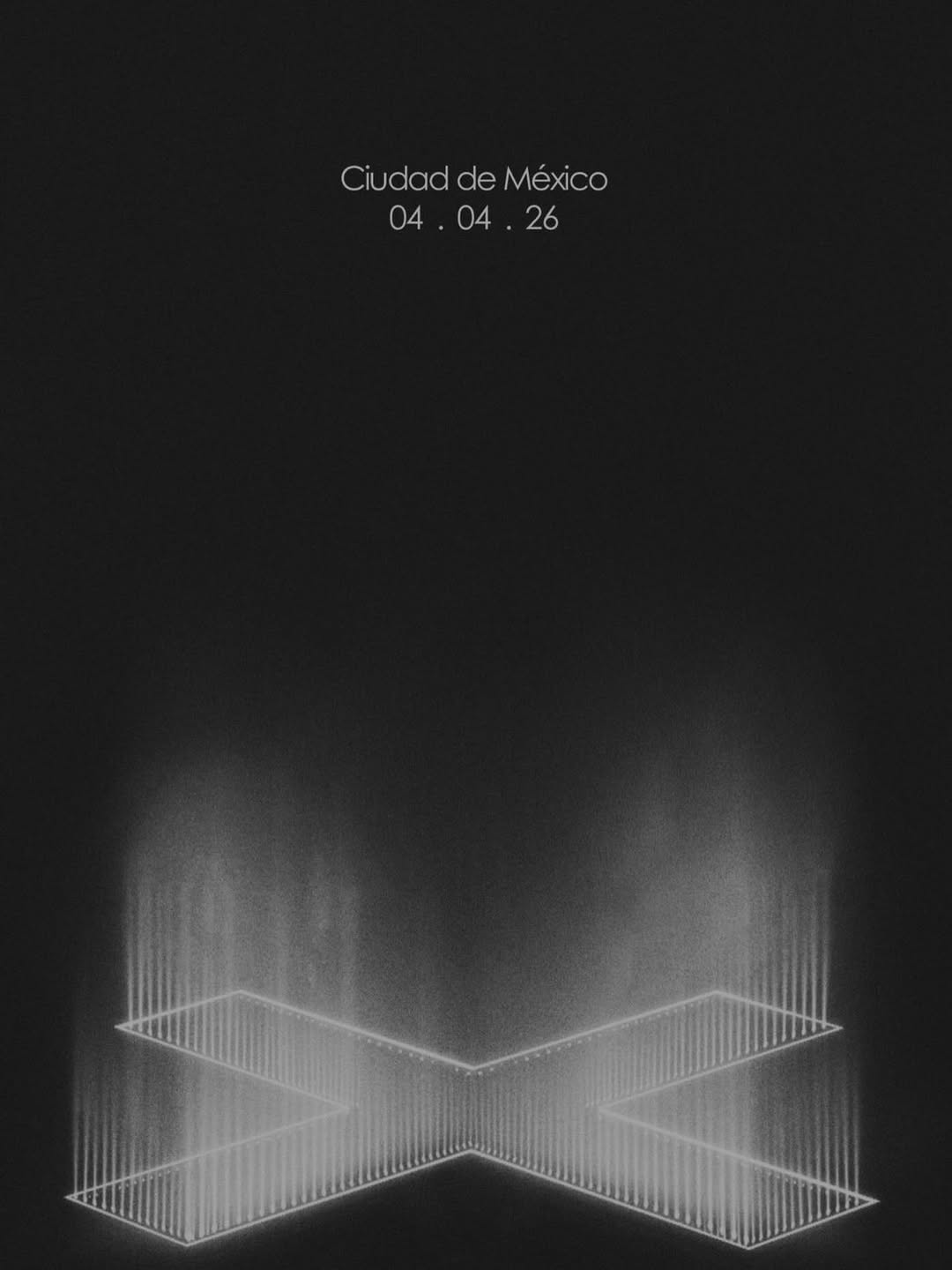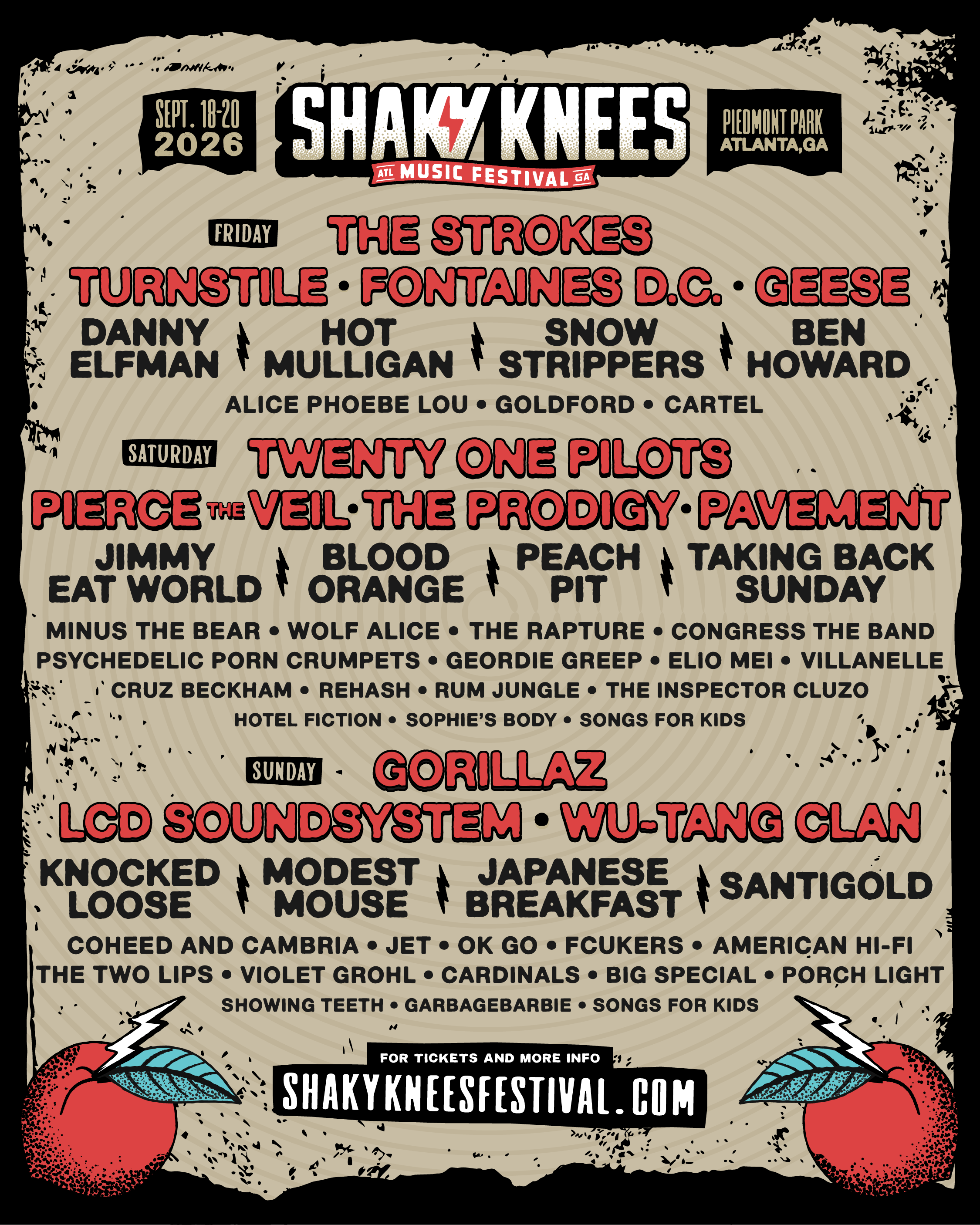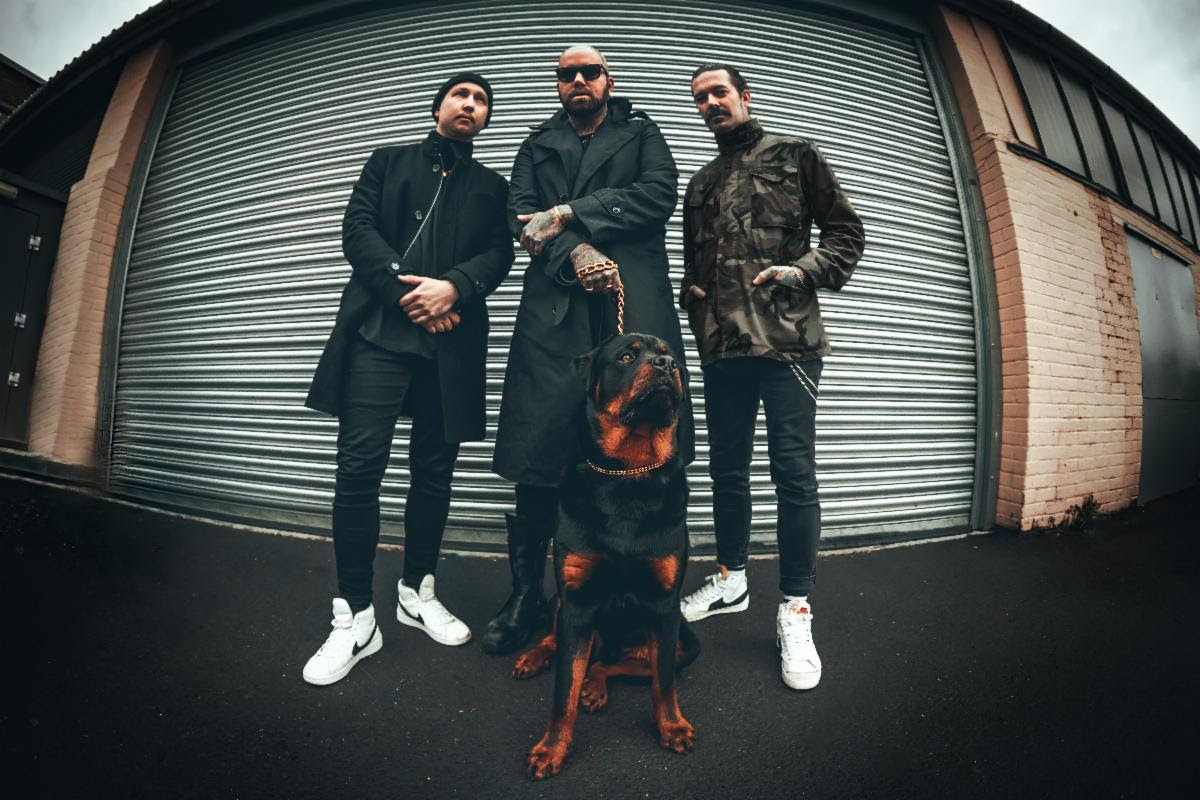Harry Belafonte, the legendary show-business figure and civil rights activist, has died. The New York Times reports that Belafonte died of congestive heart failure at home in Manhattan today. Belafonte was 96.
Harry Belafonte was born Harold George Bellanfanti Jr. in Harlem. He was the son of working-class Jamaican immigrants, and he spent much of his childhood living with grandparents in Jamaica before serving in the Navy during World War II. While serving, Belafonte began to study Black history. After the War, Belafonte worked as a janitor's assistant, and he used the GI Bill to study acting alongside notable names like Marlon Brando at Erwin Piscator’s Dramatic Workshop. Eventually, Belafonte found work as a stagehand at the American Negro Theater. Belafonte was more interested in acting than singing, but in 1949, the Royal Roost, a Manhattan nightclub, hired him to sing during intermissions.
Belafonte became a hugely popular concert draw, and he won a Tony for singing in the Broadway revue John Murray Anderson's Almanac in 1954. In nightclubs, Belafonte was backed by jazz musicians like Charlie Parker and Miles Davis, but he soon became more interested in folk music than jazz. Belafonte studied the folk archives at the Library Of Congress, and he began performing at the Village Vanguard. Belafonte signed with RCA in 1953.
Harry Belafonte's 1955 album Calypso introduced most Americans to Caribbean music, and it became the first LP ever to sell a million copies. Songs like "Matilda," "Day-O (The Banana Boat Song)," and "Jump In The Line" became standards. Belafonte became the first Black performer to win an Emmy for his 1960 special Tonight With Belafonte. On TV, Belafonte refused to bow to advertisers' demands not to show Black and white performers together. On record, Belafonte collaborated with relative unknowns like Miriam Makeba and Bob Dylan, who played harmonica on Belafonte's 1962 LP Midnight Special. Belafonte also performed at John F. Kennedy's inauguration and, as guest host on The Tonight Show, interviewed Martin Luther King, Jr. and Robert F. Kennedy.
Harry Belafonte began his film career alongside Dorothy Dandridge in 1953's Bright Road and 1954's Carmen Jones. He took a number of roles in the '50s, but he stayed away from movies in the '60s because he didn't like the roles he was offered. In the '70s, Belafonte returned to the screen, acting alongside his lifelong friend Sidney Poitier in Buck And The Preacher and Uptown Saturday Night. Belafonte produced 1984's Beat Street, an early document of hip-hop culture. His last film role was in Spike Lee's BlacKkKlansman in 2018.
Along with his mentor Paul Robeson, Harry Belafonte served as a lifelong advocate for civil rights causes. Belafonte was close with Martin Luther King, Jr. He helped financially support King's family, and he bailed King out of jail after he was arrested in Birmingham in 1963. For his civil right efforts, Belafonte was blacklisted during the McCarthy era. Years later, Belafonte helped organize the all-star charity single "We Are The World." He crusaded against apartheid and called George W. Bush "the greatest terrorist in the world."
In his later life, Harry Belafonte was given just about every award that a music luminary could win, including the Kennedy Center Honors and the National Medal Of Arts. Last year, Belafonte was inducted into the Rock And Roll Hall Of Fame in its Early Influence category.
Below, check out some of Belafonte's performances.
